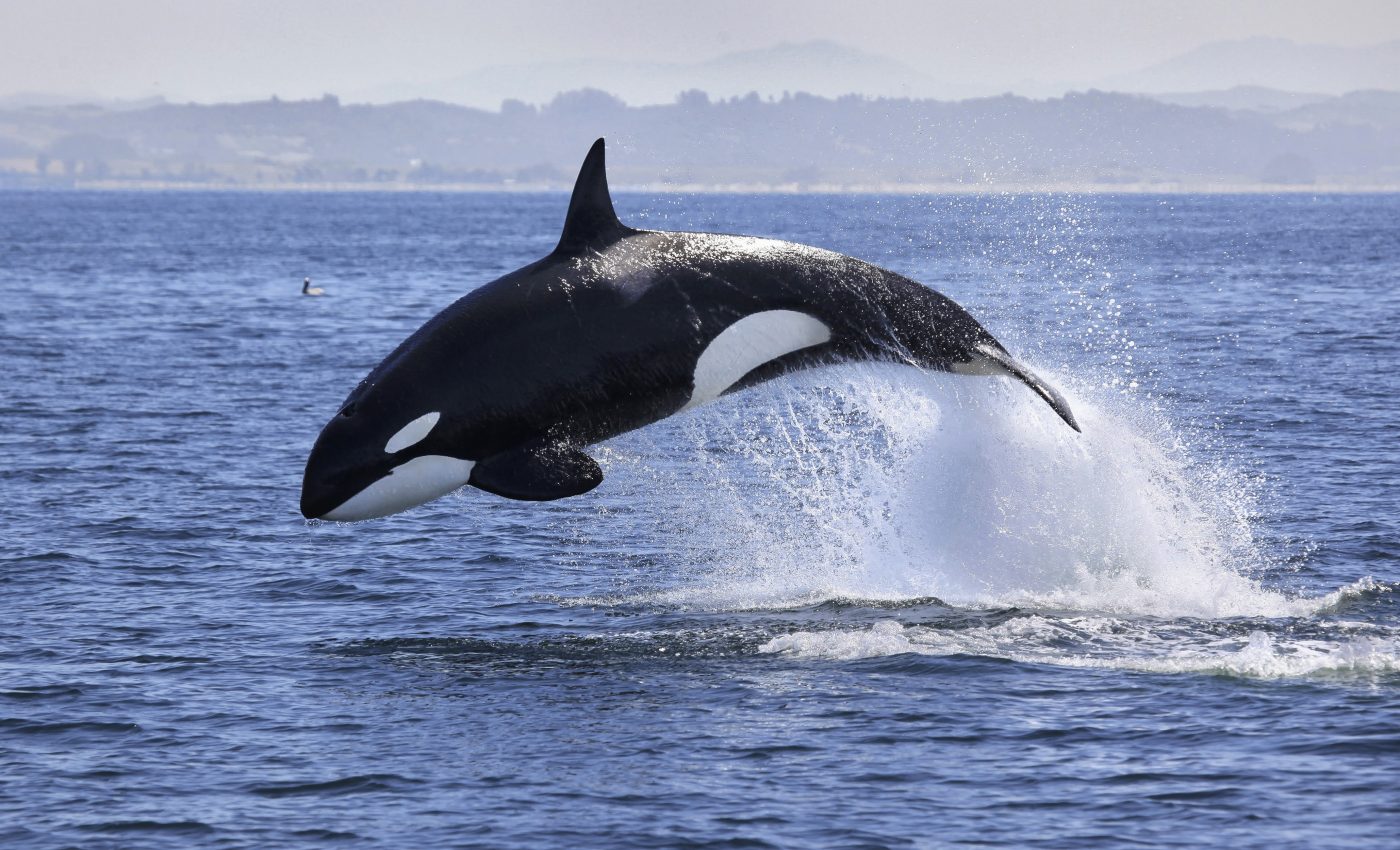
Killer whales face a number of threats, and most are human-related
In a new study from UC Davis, a team of marine mammal specialists analyzed reports on more than 50 killer whales that have been stranded in the northeast Pacific and Hawaii over the last decade. The experts found that killer whales are facing a number of deadly threats, and many of these hazards are related to interactions with humans.
According to the researchers, understanding each threat is critical for managing and conserving killer whale populations.
The stranded whales belonged to both healthy populations as well as endangered species, such as southern resident whales that are found off the coast of British Columbia, Washington, and Oregon.
The cause of death had been determined for 42 percent of the 53 whales that were stranded between 2004 and 2013. One calf died from sepsis following a halibut hook injury, while another starved from a congenital facial deformity. Two adult whales had been killed by the blunt force trauma of vessel strikes. Infectious diseases and nutritional deficiencies were also identified as causes of death.
Even though there was no single cause of death, the analysis of the incidents showed that killer whales of all ages from juveniles to adults suffered human-related deaths.
“Nobody likes to think we’re directly harming animals,” said Dr. Joe Gaydos. “But it’s important to realize that we’re not just indirectly hurting them from things like lack of salmon, vessel disturbance or legacy toxins. It’s also vessel strikes and fish hooks. That humans are directly killing killer whales across all age classes is significant; it says we can do a better job.”
“The results from systematic necropsies of dead killer whales in this review is unique and will establish critical baseline information to assess future mitigation efforts,” said study lead author Stephen Raverty. “This work contributes to a better understanding of the impacts that ongoing human activities and environmental events have on killer whales.”
The researchers acknowledge that their report is an incomplete picture of orca health and mortality. However, the report is one the most comprehensive reviews of the multitude of human and environmental threats affecting killer whales to date, and will ultimately help to improve conservative strategies.
The study is published in the journal PLOS ONE.
—
By Chrissy Sexton, Earth.com Staff Writer













